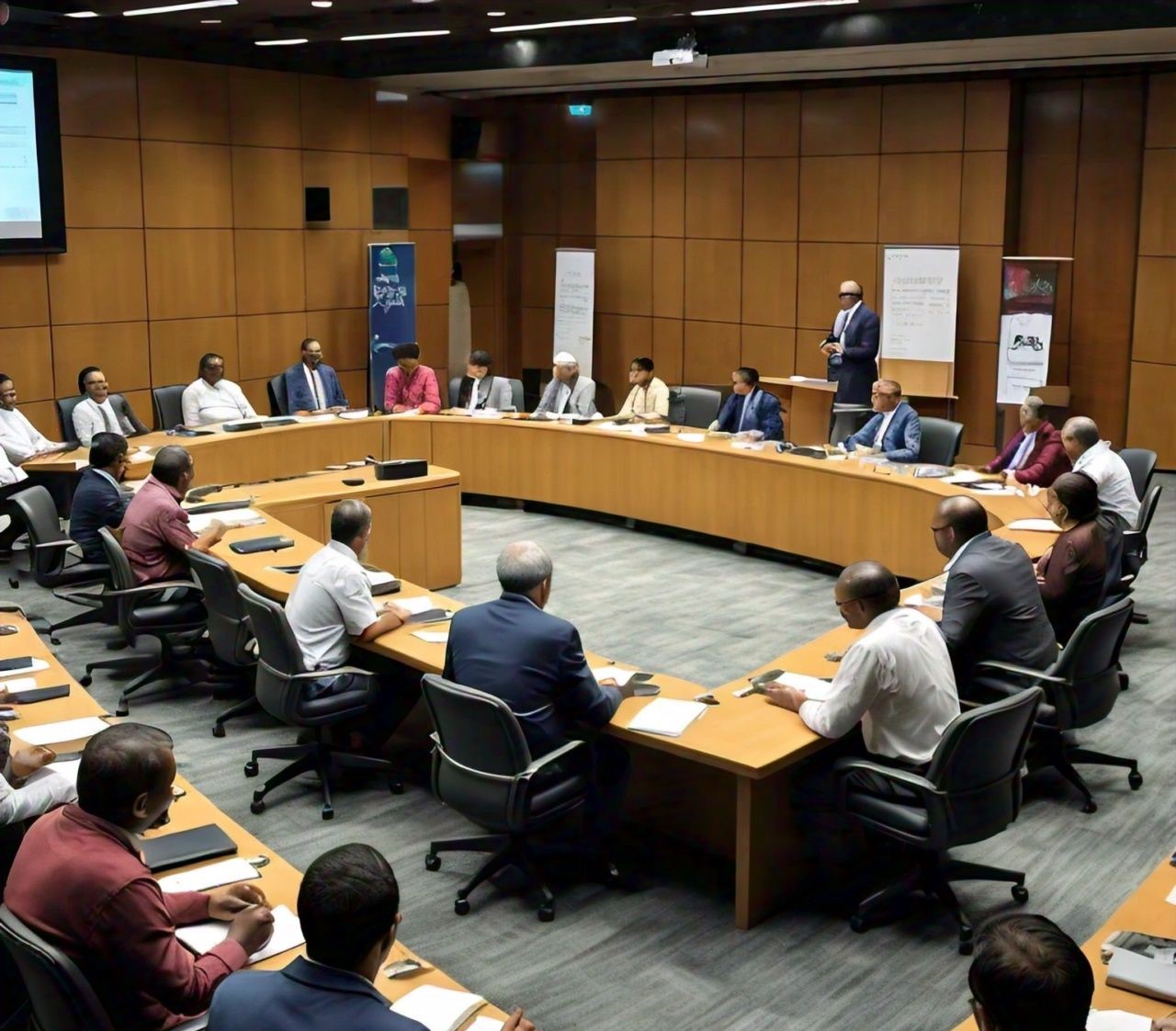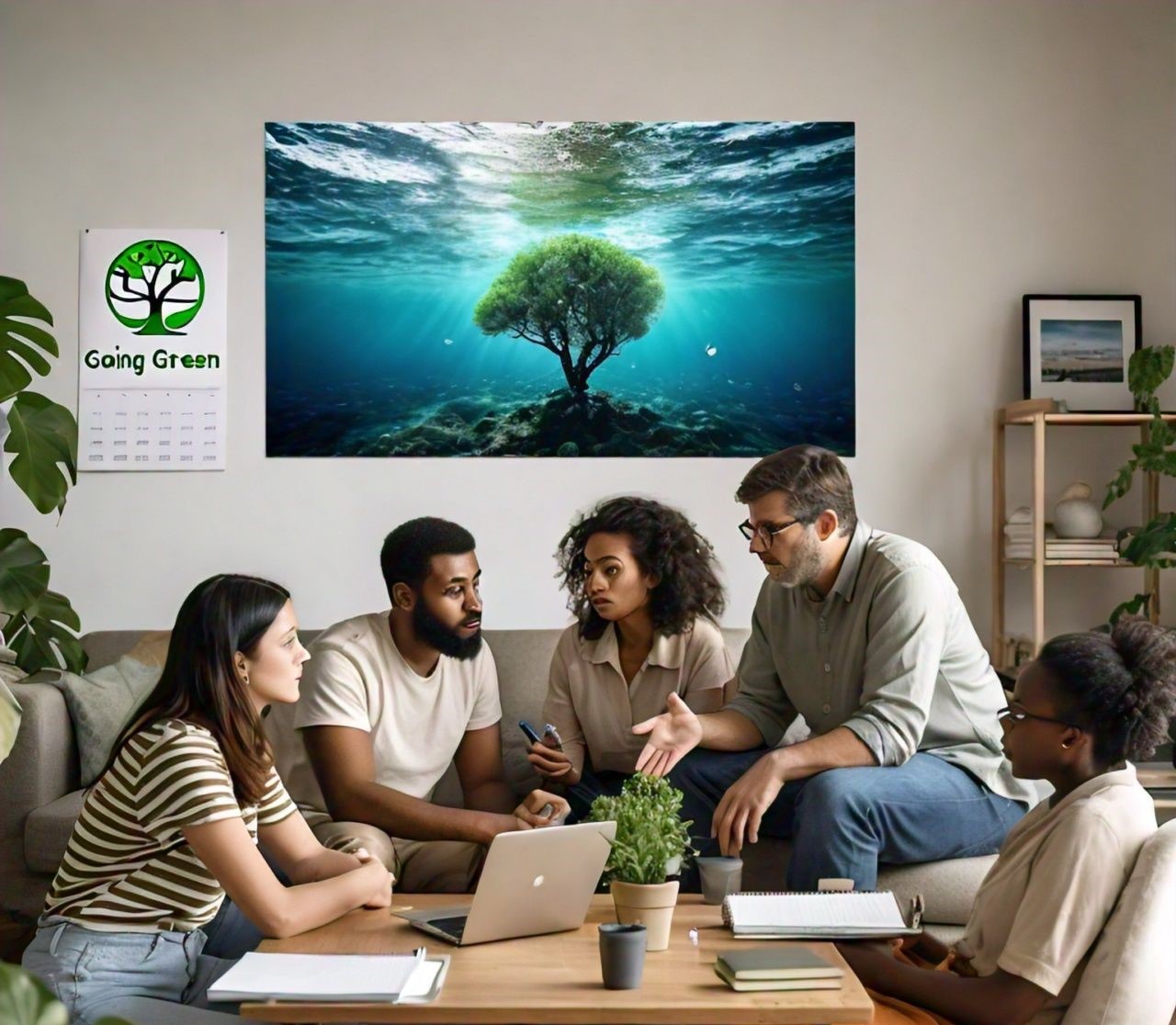Sporting Solutions | How Sports Serve as Catalysts for Conflict Resolution and Peace building Leave a comment
Introduction
Sports have long been celebrated for their ability to bring people together, promoting unity and fellowship among diverse groups. However, the role of sports in conflict resolution is often overlooked. By providing a common ground where individuals can interact emotionally , sports can act as a powerful tool for resolving conflicts and promoting peace. This article explores how sports can contribute to conflict resolution by examining various mechanisms through which sports facilitate understanding, cooperation, and reconciliation.
The Role of Sports in Building Bridges
Sports serve as an excellent medium for bridging divides between conflicting groups. Whether it’s racial tensions, ethnic discord or political strife, sports offer a neutral platform where individuals can come together, united by a shared interest. The universal appeal of sports transform cultural and social barriers and making them an effective instrument for conflict resolution.
Case Study: Rugby in Post-Apartheid South Africa
One notable example is the role rugby played in post-apartheid South Africa. When Nelson Mandela donned the Springbok jersey during the 1995 Rugby World Cup, it sent a powerful message of unity and reconciliation to a nation divided by years of racial segregation. This act not only garnered widespread support across racial lines but also promoted the potential of sports to heal deep-seated divisions.
Mechanisms of Conflict Resolution through Sports
Sports can promote conflict resolution through several mechanisms
Promotion of Dialogue
Sports events create a beneficial environment for dialogue also allowing opposing parties to engage in constructive communication. Sports events and activities provide opportunities for individuals from clashing groups to interact in a peaceful setting. These interactions can pave the way for meaningful dialogue and discussions, breaking down barriers and facilitating better communication. For instance, community sports programs can bring together youths from different backgrounds, encouraging them to work towards common goals.
Teamwork and Cooperation
Participating in team sports necessitates collaboration, increasing mutual respect and understanding among teammates.In team sports, success hang on the ability of participants to work together towards a common objective. This requirement fosters a sense of teamwork and cooperation which are essential elements for conflict resolution. By playing alongside each other, individuals learn to depend on their teammates, irrespective of their backgrounds, promoting unity and collaboration.
Development of Empathy
Empathy, the ability to understand and share the feelings of others, is crucial for resolving conflicts. Engaging in sports helps individuals understand and appreciate the context of others by reducing bad opinion and fostering identification.Sports can play a significant role in developing empathy among participants. When individuals engage in sports, they experience both victory and defeat, leading to a greater appreciation of their opponents’ emotions and struggles.
Empathy Building in Youth Sports Programs
Youth sports programs that emphasize sportsmanship and empathy have shown remarkable success in conflict-prone areas. Coaches and mentors encourage young athletes to respect their opponents and view them as equals. This approach helps break down stereotypes and misjudgment, making a more sensitive and equitable environment.
Stress Relief and Improved Mental Health
Physical activity associated with sports helps reduce stress and anxiety by creating a more relaxed atmosphere helpful to conflict resolution. Conflict often leads to heightened stress and anxiety. Engaging in sports can ease these negative emotions by providing a healthy outlet for physical exertion. The endorphins released during physical activity help improve mood and reduce stress levels that’s contributing to a more peaceful mindset.
Community Sports and Mental Health
Community sports programs aimed at conflict resolution also focus on mental health benefits. By providing regular physical activity and social interaction, these programs help reduce the psychological load of conflict. Participants report feeling more relaxed and less anxious hence , it creating a more conducive atmosphere for resolving issues.
Sports Diplomacy: A Tool for International Peace
Sports diplomacy refers to the use of sports as a means to influence diplomatic, social and political relations. It involves athletes and sports organizations playing a role in promoting peace and understanding on a global scale. Sports diplomacy has been employed in various instances to bridge divides between nations and foster goodwill.
Ping Pong Diplomacy between the US and China
The term “ping pong diplomacy” originated in the early 1970s when table tennis players from the United States and China participated in friendly matches. These interactions helped relax the icy relations between the two countries, eventually leading to President Richard Nixon’s historic visit to China in 1972. This example underscores the potential of sports to serve as a cable for international diplomacy and conflict resolution.
Challenges in Using Sports for Conflict Resolution
While sports have immense potential for conflict resolution, there are challenges that need to be addressed to maximize their effectiveness. These include:
Resource Constraints: Implementing sports programs in conflict zones requires significant resources which may be limited .
Cultural Sensitivity: Sports initiatives must be specialized to respect and accommodate local cultural rule and traditions.
Sustainability: Ensuring the long-term sustainability of sports programs is essential for lasting impact.
Addressing Resource Constraints
Resource constraints can be reduced through partnerships with non-governmental organizations (NGOs), government agencies and private sponsors. Collaborative efforts can help pool resources and expertise and ensuring the successful implementation and sustainability of sports programs in conflict zones.
Cultural Sensitivity and Inclusiveness
Sports initiatives must be designed with cultural sensitivity in mind. Understanding and respecting local traditions and customs is important for gaining acceptance and participation from the community. Inclusive programs that cater to all genders, ages and abilities can further enhance the impact of sports on conflict resolution.
Conclusion
The transformative power of sports extends beyond mere entertainment as it holds the potential to resolve conflicts and promote peace. By promoting dialogue, teamwork, empathy and stress relief, sports can bridge divides and unite communities. However, to fully harness this potential it is essential to address challenges related to resources, cultural sensitivity and sustainability. With concerted efforts and strategic planning, sports can continue to play a important role in conflict resolution, ease the way for a more balanced world.





















